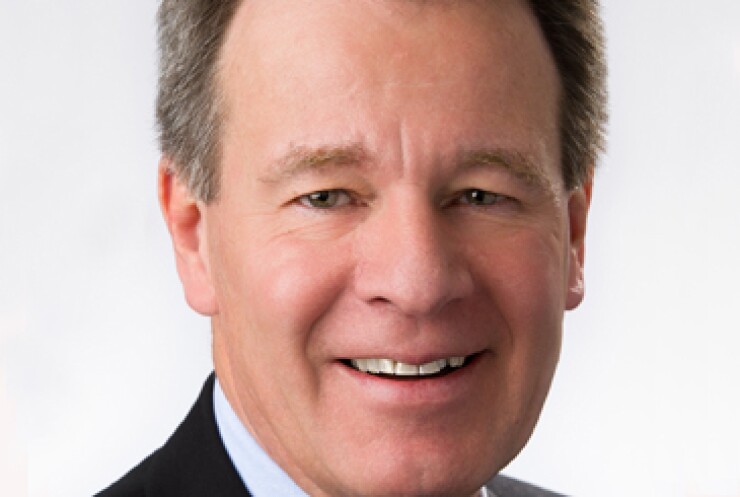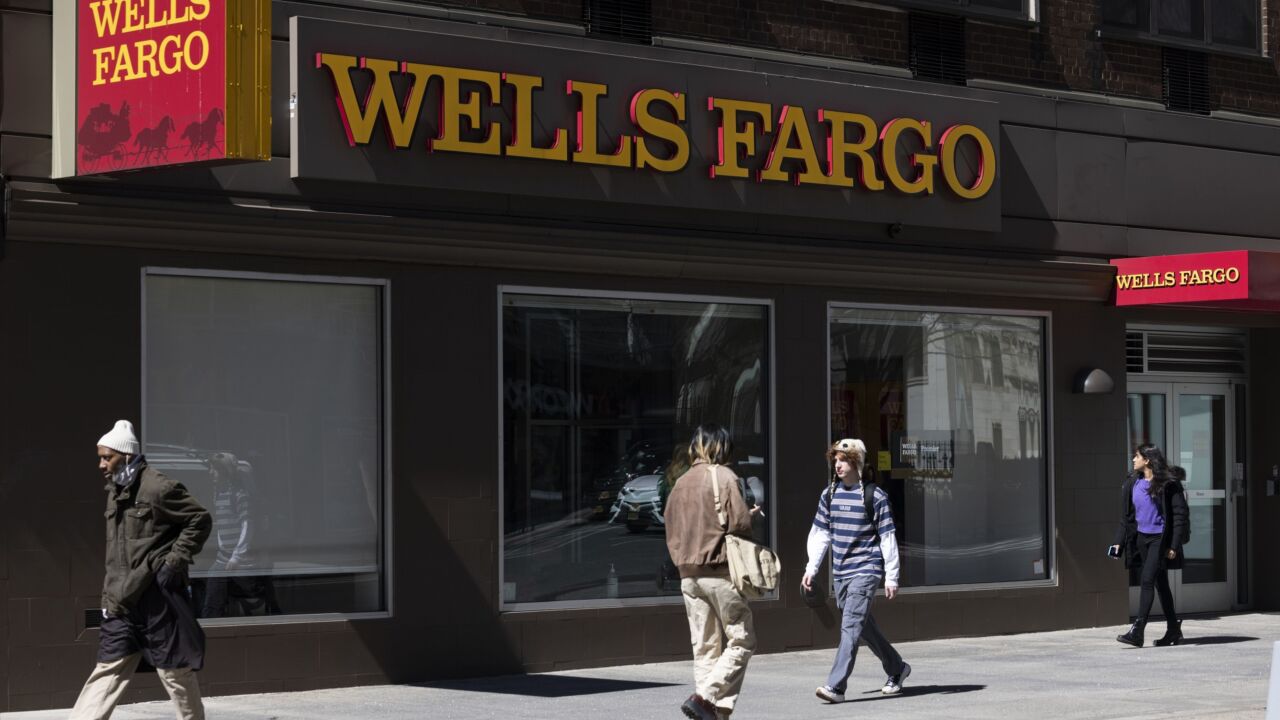
As Rodrigo Lopez begins his term as chairman of the Mortgage Bankers Association, the Nebraska multifamily lender seeks to use the platform to embrace the challenges of improving diversity and technology throughout the industry, while remaining vigilant about the ever-changing regulatory landscape.
Lopez, the executive chairman of commercial mortgage lender NorthMarq Capital and a director of Mutual of Omaha Insurance Company and Mutual of Omaha Bank, was sworn in for his one-year term Sunday during the opening ceremony of the MBA's Annual Convention and Expo, which runs through Wednesday in Boston.
Approximately 16 million new households in the U.S. will be created over the next 10 years. The majority of those households will be from multicultural backgrounds and Lopez plans to speak frequently about the diversity during his chairmanship.
"I think that is important not only for our industry, but for the consumers that we serve. We are going to continue to see the face of America evolve over the next decade," he said. "It is a
Likewise, with the growing emphasis on bringing millennial generation consumers into the housing market, it is critical for the industry to improve its technology capabilities.
"With social media we can reach new customers. It can help to identify and communicate with millennials and other homebuyers for example. It can also attract a new generation of employees into the mortgage business," said Lopez.
The industry has made progress responding to the needs of the changing demographics in the U.S. population, but there's more that can be done, said Bill Emerson, CEO of Quicken Loans and the MBA's outgoing chairman.
"I think it is something within our industry we need do a better job of and I think we are starting to do that through a lot of programs involved with the MBA," Emerson said.
But exactly what role Federal Housing Administration lending plays in that future remains an area of uncertainty.
FHA lenders are still being sued by the Department of Justice amid allegations of bad underwriting practices. Every large lender that has been sued by the DOJ has backed away from the FHA program, "except us," Emerson said of Quicken. "What we have seen in the past eight years has been unconscionable."
The DOJ filed a False Claims Act lawsuit against Quicken Loans two years ago. Rather than settling the case, as other lenders, including Wells Fargo, have elected to do, the nonbank is fighting the allegations. Quicken awaits a U.S. district court judge to act on its motion to dismiss or determine where the trial will be held.
"The mortgage industry has been maligned over the years. And I understand why," Emerson said. "But when I go around the country and when I interact with lenders in this space and the folks who are supporting the housing finance system in America, they are good quality people who want to do right by the American consumer. And that message ought to get out more that it has."
As Lopez becomes the new MBA chairman, it seems most of the association's attention will mainly be on single-family issues, as opposed to multifamily issues. But Lopez said he is spending a lot of time getting up to speed on single-family issues, such as improving the FHA and reform of the government-sponsored enterprises, Fannie Mae and Freddie Mac.
He is particularly interested in the Common Securitization Platform that Fannie and Freddie are building under the supervision of the Federal Housing Finance Agency.
"A lot of work has been done on the Common Securitization Platform and significant capital has been invested in that effort in order to make it work the way it should," Lopez said. "We want to make sure it is accessible for a whole variety of lenders. And private capital has significant role in it. All of the changes being implemented by FHFA are incremental improvements toward that goal."
Meanwhile, the two MBA chairmen expect low mortgage rates will continue to support housing markets and 2017 is lining up to be another profitable year.
"Life insurance companies are competing aggressively for low leverage loans secured by high quality commercial and multifamily real estate delinquencies," Lopez said. There is plenty of capital along with positive trends in property values. "And low interest rates are really making commercial real estate and multifamily markets do well," he added.
On the banking side, regulators are monitoring commercial real estate and multifamily portfolios so the banks have tightened their underwriting. "Banks of been active although that is changing a little bit because of regulation," Lopez said.
Meanwhile, the commercial mortgage-backed securities market is adjusting to the new risk retention rules that go into effect Dec. 24. "We are already seeing a slowdown in securitization as the investment banks adjust to the new regulations and the risk retention rule," the chairman-elected said.
The MBA has been working with the regulators to amend the risk retention rules to allow for more flexibility. "We will continue to work on that," Lopez said.
Emerson expects 2017 will be another profitable year for single-family lenders. But a lot will depend on how much the Federal Reserve raise interest rates and "how it will impact mortgage rates."
He also noted that regulatory and compliance costs have gone "through the roof." The MBA's data shows its cost $7,120 to originate a loan in the second quarter, compared to $5,820 in the second quarter of 2013.
"The challenge for 2017 is how do we work through that and how do we get more efficient and more effective where we can," Emerson said.





